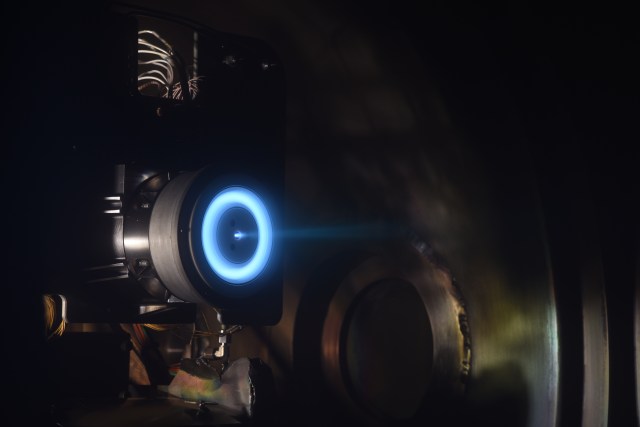As small spacecraft missions for planetary science continue to push the boundaries of what is possible, they will need to perform challenging propulsive maneuvers that require a high velocity change (delta-v) capability. These maneuvers go beyond what typical commercial spacecraft require and exceed the current state-of-the-art capabilities.
To execute these maneuvers, the most critical technology needed for these small spacecraft missions is an electric propulsion system that can carry out these high-delta-v maneuvers. The electric propulsion system must be capable of operating using low power (sub-kilowatt) while still having a high-propellant throughput. This means that the system must be able to use a large total mass of propellant over its lifetime to generate the required impulse to carry out the necessary maneuvers.
Without an electric propulsion system that meets these requirements, small spacecraft missions for planetary science would be limited in their ability to execute the necessary propulsive maneuvers. By developing and implementing electric propulsion systems with these capabilities, small spacecraft will be able to explore planets and achieve mission objectives that were previously unattainable.
